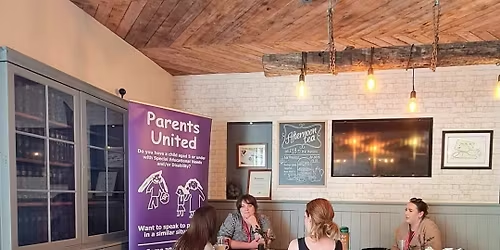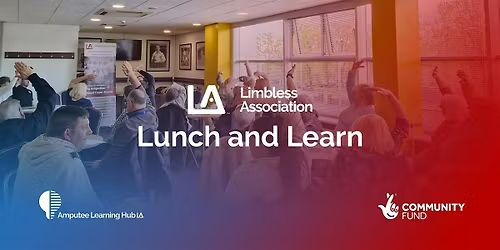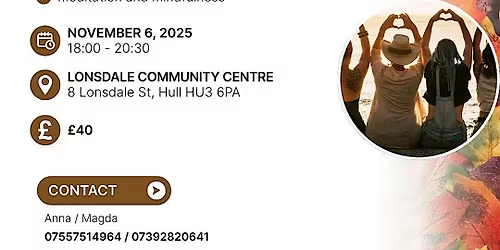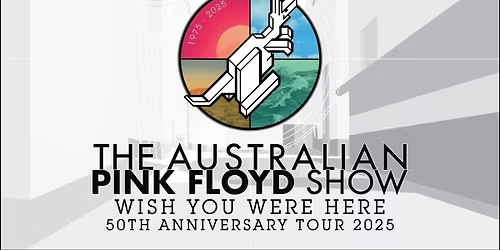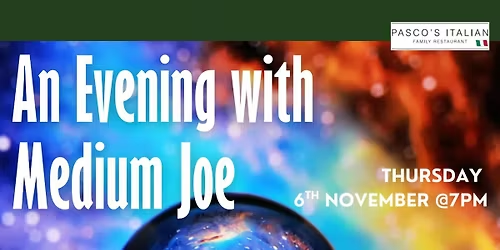
About this Event
In this talk, Damian Pargas (Leiden University) proposes new ways of thinking about the influence of Black freedom on the development of citizenship and democracy in the United States in the period between the American Revolution and the US Civil War. The American free Black population expanded continually during this period. Between 1777 and 1804, all of the northern states abolished slavery within their jurisdictions. The southern states, by contrast, briefly increased manumissions in the wake of the Revolution—bolstering free Black communities within their borders—but subsequently redoubled their commitment to slavery, expanding it into the newly acquired frontier territories of the South. As the nation became bifurcated, with one half of the union increasingly committed to some version of Black “freedom” and the other half to slavery, disputes within and among states arose regarding the citizenship rights and legal personhood of African Americans who were either legally free (through birth, manumission, or emancipation) or who were legally enslaved but had escaped to free soil. To what extent should they be considered members of the polis, with access to the legal and constitutional rights and privileges that such membership entailed? Could they be re-enslaved or otherwise subjected to coercive labor relationships, and if so, under what conditions? Did they have the right to move across state borders? Did they have equal access to the justice system? Could they participate in democracy? Various states answered these questions in different ways. The resulting disputes in turn constituted the driving force behind state-level and sectional conflicts over the relationship between race, citizenship, democracy, and state sovereignty—conflicts that ultimately led the United States down the path to civil war.
Damian Pargas is Professor of the History and Culture of North America at Leiden University and Director of the Roosevelt Institute for American Studies in the Netherlands. Specialized in the history of slavery and its aftermath (especially in North America but also in global contexts), he is the author or editor of numerous academic articles and 7 books, most recently Freedom Seekers: Fugitive Slaves in North America, 1800-1860 (Cambridge University Press, 2022) and The Palgrave Handbook of Global Slavery throughout History (Palgrave, 2023). He is also a founding editor of the Journal of Global Slavery.
This lecture will begin at 4:30 pm and will take place at our home in Oriel Chambers, 27 High Street, Hull, HU1 1NE. We are very grateful to Hull Museums for their generous support of the Wilberforce Institute’s public lecture programme, and we hope many of you will take the opportunity to explore their fascinating exhibitions beforehand.
Refreshments will be available from 4:15 pm, and we warmly invite you to stay afterwards for a glass of wine and the chance to chat with our speaker.
A limited number of in-person tickets are available. If you are unable to join us in Hull, you can still enjoy the lecture online – please select the appropriate ticket type when booking.
Event Venue & Nearby Stays
Wilberforce Institute for the Study of Slavery and Emancipation, Oriel Chambers, Kingston upon Hull, United Kingdom
GBP 0.00



